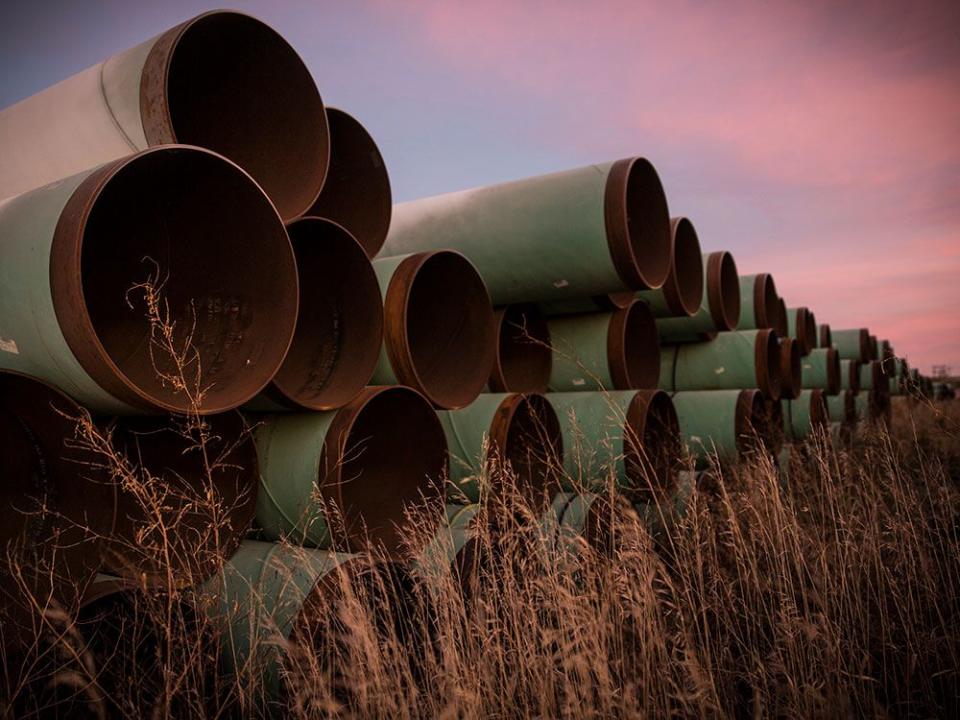What the future holds for western Canadian oil producers

On his very first day in office, U.S President Joe Biden cancelled the Keystone XL pipeline, which if built, would have been able to carry 830,000 barrels of oil from Alberta into refineries in Texas and Louisiana.
That decision faces new scrutiny as inflation soars, particularly at the gas pump, and U.S. midterm elections in November get closer and closer. Already, the Biden Administration has quietly loosened sanctions on Venezuela, a huge oil producing country in what has been seen as an effort to increase crude supply and lower gas prices.
Will the Biden administration also seek greater oil production from Canada, which sends 99 per cent of its oil exports to the U.S.? This week’s episode of Down To Business focuses on what the future holds for the western Canadian oil producers if pipelines and other critical infrastructure are no longer on the table.
Guests include Kevin Birn, vice-president of commodity insights S&P Global Markets in Calgary; Ben Cahill, a senior fellow at the Center for Strategic and International Studies in Washington, D.C.; Debbie Gordon, a senior principal at RMI, a non-profit focused on the energy transition in Washington, D.C.; Samantha Gross, director, energy security and climate initiative, Brookings Institution in Washington, D.C.; and Greg Keoleian a director of the Center for Sustainable Systems and professor at the University of Michigan. As always interviews are edited for clarity and brevity.
Listen on Apple Podcasts, Spotify, Stitcher and YouTube where you can also subscribe to get new episodes every Wednesday morning.
If you have any questions about the show, or if there are topics you want us to tackle, email us: downtobusiness@postmedia.com.
• Email: gfriedman@postmedia.com | Twitter: GabeFriedz
How Bill Browder began warning the world about Putin's corruption a decade ago
Lessons from the Port of Vancouver's annus horribilis — and why every Canadian should care
